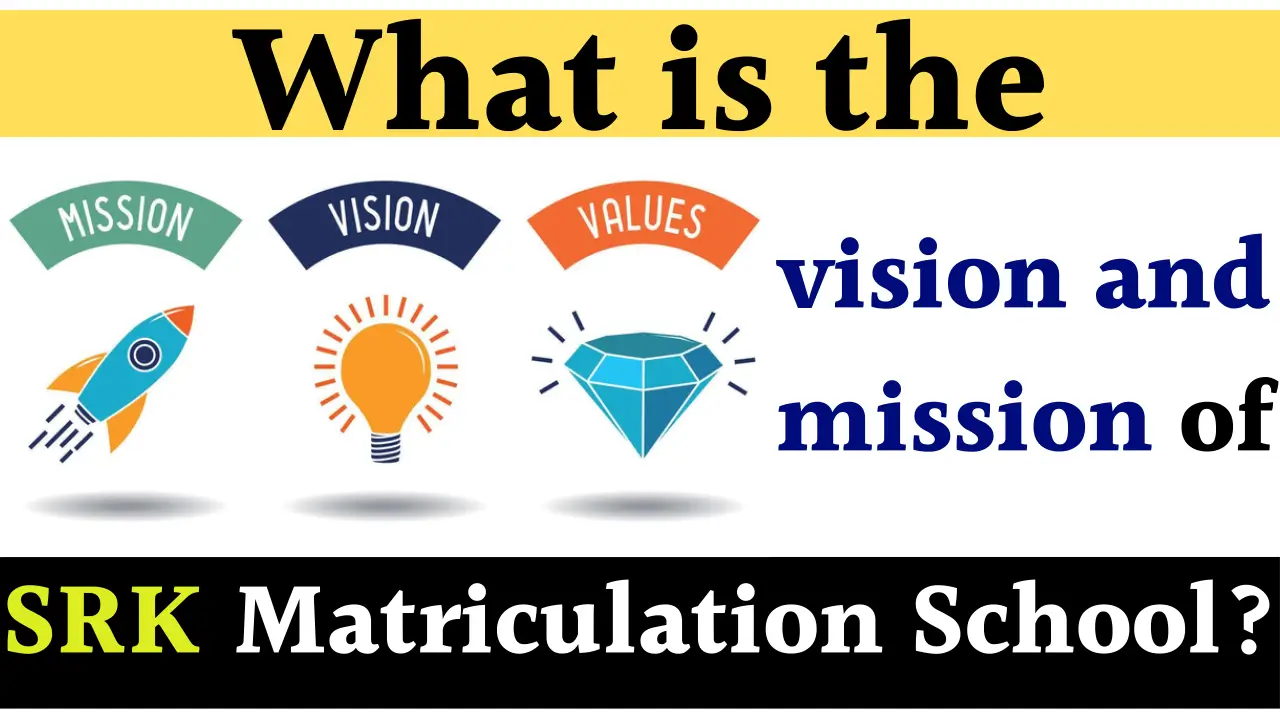Education forms the cornerstone of human development, shaping the minds and values of future generations. Central to every educational institution’s identity are two fundamental elements: its motto and its philosophy of education. These are more than mere words; they encapsulate the institution’s mission, core values, and approach to shaping students’ lives.
This article explores the meaning, significance, and impact of a school’s motto and philosophy of education, along with their latest trends and practical applications in modern schooling.
Understanding the School’s Motto
A school’s motto is a concise phrase or sentence that embodies its guiding spirit, ideals, and aspirations. It is the distilled essence of what the school stands for, often inspiring and motivating students, faculty, and the community.
Characteristics of a School Motto
- Brief and Memorable: The motto is short and easy to remember.
- Inspirational and Aspirational: It encourages high ideals and achievement.
- Reflective of Values: It expresses core values such as integrity, excellence, or service.
- Culturally and Historically Rooted: Often connected with the school’s heritage or founder’s vision.
Common Themes in School Mottos
| Theme | Description | Example Phrase |
|---|---|---|
| Excellence | Commitment to high standards and achievement | “Strive for Excellence” |
| Integrity | Promoting honesty and strong moral principles | “Truth and Honor” |
| Knowledge and Wisdom | Emphasizing intellectual growth and lifelong learning | “Knowledge is Power” |
| Service | Encouraging social responsibility and community service | “To Serve and to Lead” |
| Unity and Respect | Fostering harmony and mutual respect among individuals | “Together in Harmony” |
Philosophy of Education: The Heart of Schooling
The philosophy of education is a comprehensive framework of beliefs, values, and pedagogical principles that guide how education is delivered at a school. It answers the fundamental questions: Why educate? What should be taught? How should students learn? What is the purpose of education?
Key Components of Educational Philosophy
- Purpose of Education: Defines goals like intellectual development, social skills, moral education, or career preparation.
- Nature of Learners: Views about children’s abilities, interests, and developmental stages.
- Curriculum Design: What knowledge and skills are prioritized.
- Teaching Methods: Preferred instructional strategies such as experiential learning, critical thinking, or rote memorization.
- Role of the Teacher: Whether as an authority, guide, or facilitator.
- Assessment Philosophy: How student progress and success are measured.
Popular Educational Philosophies
| Philosophy | Focus | Description |
|---|---|---|
| Essentialism | Core knowledge and disciplined study | Focus on fundamental skills and facts |
| Progressivism | Learning through experience and problem-solving | Student-centered, promotes critical thinking |
| Perennialism | Timeless ideas and great works | Emphasizes classical knowledge and reasoning |
| Constructivism | Building knowledge through active exploration | Learners construct meaning through experiences |
| Humanism | Holistic development of the individual | Focus on self-actualization and creativity |
Latest Trends in School Mottos and Educational Philosophies
In recent years, schools around the world have adapted their mottos and educational philosophies to meet the evolving needs of society and students in the 21st century. Some trends include:
- Emphasis on Global Citizenship: Mottos now often reflect ideals of inclusivity, diversity, and environmental responsibility.
- Integration of Technology: Philosophies increasingly include digital literacy and adaptive learning techniques.
- Focus on Emotional and Social Learning: Social-emotional skills are recognized as essential to student success.
- Lifelong Learning: Encouraging curiosity beyond formal schooling.
- Equity and Access: Philosophies that stress reducing barriers for all students.
Practical Implications for Students and Educators
How the Motto Shapes School Culture
- Acts as a daily reminder of shared values.
- Inspires pride and belonging.
- Guides behavior expectations.
How the Philosophy Guides Education
- Informs curriculum development.
- Influences teaching approaches and classroom environment.
- Directs assessment and feedback methods.
- Shapes student-teacher relationships and support systems.
Summary Table: School Motto vs. Educational Philosophy
| Aspect | School Motto | Philosophy of Education |
|---|---|---|
| Definition | Short guiding phrase | Comprehensive educational framework |
| Purpose | Inspire and motivate | Guide teaching and learning practices |
| Focus | Core values and ideals | Goals, methods, and content of education |
| Scope | Narrow and symbolic | Broad and practical |
| Impact | Builds school identity and culture | Shapes curriculum and pedagogy |
| Duration | Usually static but can evolve subtly | Can adapt to educational research and societal changes |
Conclusion
A school’s motto and philosophy of education are foundational in defining its identity and approach to nurturing young minds. The motto succinctly captures the school’s spirit, while the philosophy offers a detailed blueprint for educational practice. As society changes, schools evolve their mottos and philosophies to better prepare students—not only academically but as responsible, compassionate global citizens. Understanding these elements helps students, parents, and educators appreciate the deeper mission of schooling beyond textbook knowledge.
















